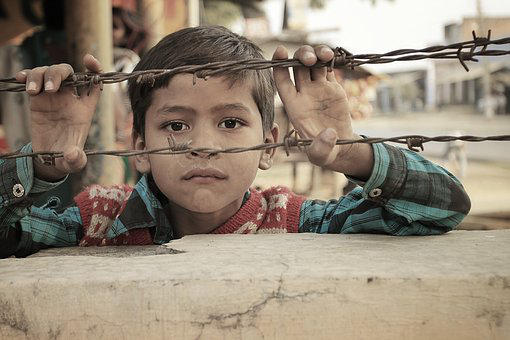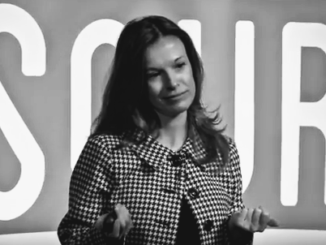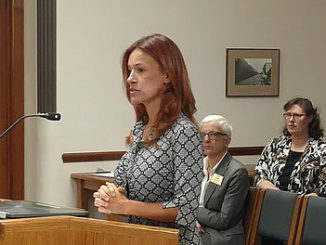
For most, it is one of the happiest days of our entire lives. The day you welcome your child into the world. The anticipation is euphoric and the moments following birth, as you hold that baby, are filled with wonder and awe. The mind races as it anticipates all the things in store for the new addition to the family. An unspeakable amount of love swells within.
Mingled with this experience is something many of us don’t think much about. The nurse comes in and asks you to sign a bunch of papers. Among them is the application for a Social Security card. Yes, at that very moment, we sign our children into a perpetual and broken system. A system that they neither sign up for themselves, nor can they really get out of it as adults if they wanted to.
As the successive years go by, something else happens. They become school age. With the compulsory laws of the state, the child is expected to attend. For most parents, options are limited. The overwhelming majority choose public education.
You drop the little one off for his or her first day of school. Amongst the pictures, hugs, and perhaps even some tears there is an abdication of sorts taking place. You are no longer in charge of your child. For roughly seven hours each day they will be subjected to the standards, policies, procedures, curriculum, and teaching of the public school system.
Tell me, how much control do you have over the standards? Policies? Procedures? Curriculum? If you wanted to change any of it, could you? I think you know the answer. At least if you’re honest with yourself you do.
Certainly the public education system has many wonderful teachers, administrators, and even school board members. But how much control do they even have over these things?
When was the last time you looked at what your child is being taught in school? Recently I looked at an elementary Reading textbook being used in a neighboring school district. It included stories about kids attending the United Nations kids summit, an entire story devoted to liberal Democrat women and their contributions to the political process, and stories of immigrant union workers and protesters. The closest the book came to touching traditional American content was a story of Ben Franklin and lightning.
Let’s be honest, for all the lip service given to parental control over a child’s education, there really isn’t much control at all. Parents are told:
1. That their child will go to school, including the number of days required to attend.
2. The options of what kind of school are dictated.
3. The age of when they must begin attending.
4. What standards will be used.
5. The subjects they will be taught.
6. The tests they will take, etc.
Many movements that are led by parents to make changes in education are belittled, ridiculed, and even mocked. The treatment here is similar to the way adults sometimes treat children when they pat them on the head and tell them to go play. It’s a dismissive attitude that essentially says, "We know better than you do what’s best for your child." It’s a "leave it up to us, we’re the experts" type of mentality.
If you don’t believe this mentality exists in North Dakota’s public education system, then you are sorely mistaken. The mentality was out in full force recently in the legislature. The Senate decided that the idea of cutting ties with the federal government intrusion into education could not be tolerated. They obliterated the End FedEd bill.
The House Education Committee not only shot down demands to end the Common Core State Standards, but the Department of Public Instruction posted a Forum article to their Facebook page that called the efforts "foolish" and "stupid". Yes, that’s right. According to the Forum – and apparently DPI – that’s what parents are who want more control over their child’s education. Remember, they’re the "experts" you know. They know what’s best.
You see, there’s a difference in the way children are viewed. To the state, these children represent a future tax base. They must be educated to ensure they are "contributing members of society". This is quite a different view than what parents think of their children. For most of us, when we see our children, we see individual potential and endless possibilities for their personal growth and development. The one idea perpetuates a destructive socialistic view of the child and makes them a ward of the state, while the other can liberate, motivate, and sustain individual worth.
By the time your child graduates high school, they will have spent over 2,200 school days away from you. The most formative years of their lives will have been significantly impacted by the time spent away from home. Are you doing enough to try and compensate – and yes, even correct, some ideas – that your child comes home with?
One of the most harmful and destructive forces on the Republic has come in the form of centralization of power in matters of education. If we are to reverse the course of the nation, then we must come to accept these realities and demand our legislators change them. Failure to do so may mean that our children have little more to look forward to than to pay into that perpetually broken system we signed them into at birth.
Let’s reverse course. It’s time to stop raising the government’s children.





